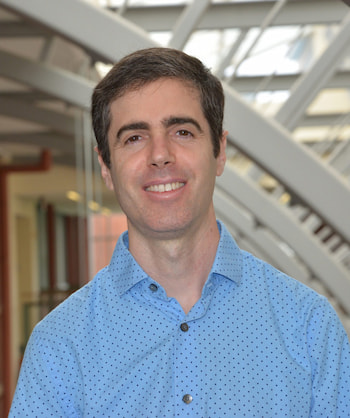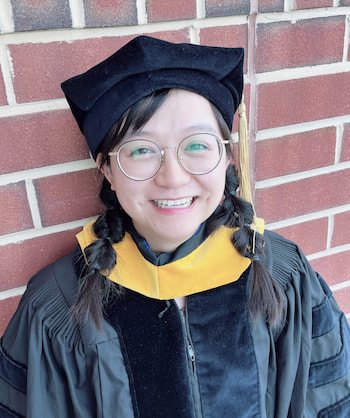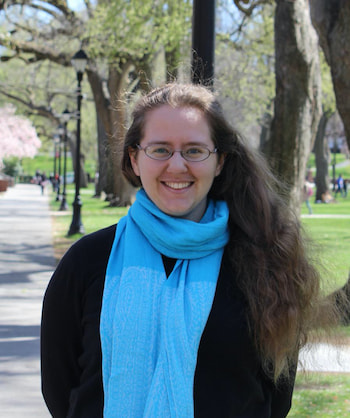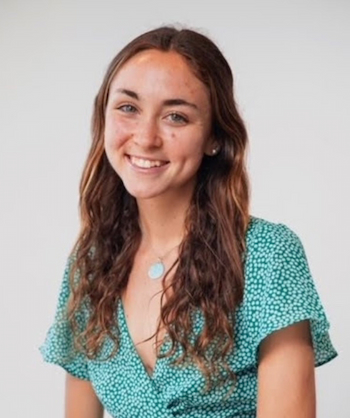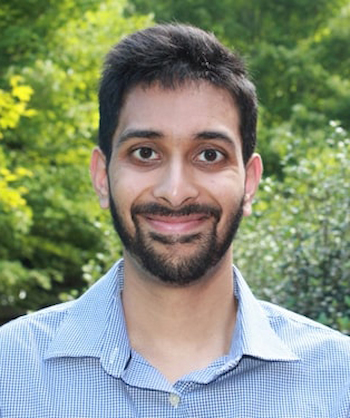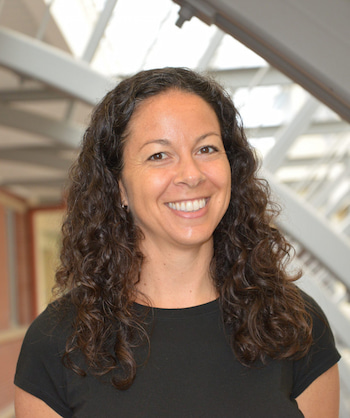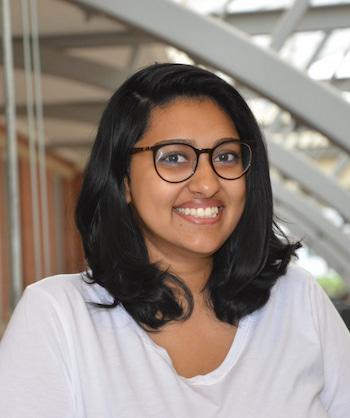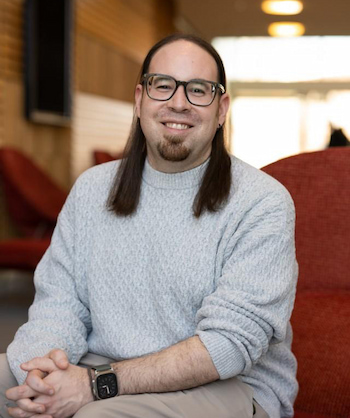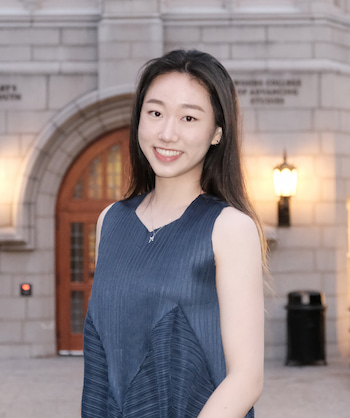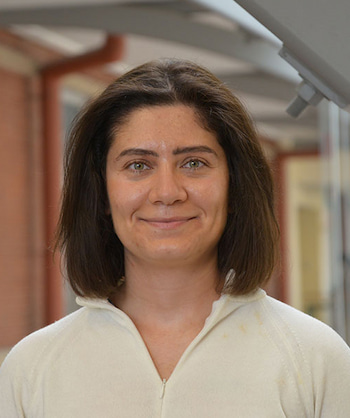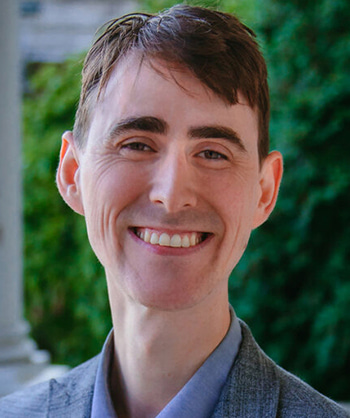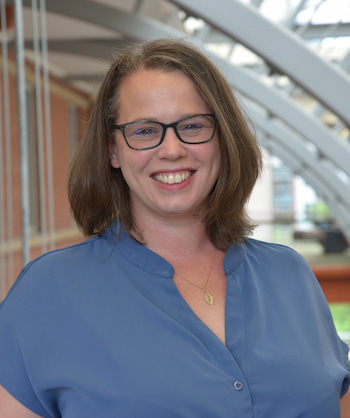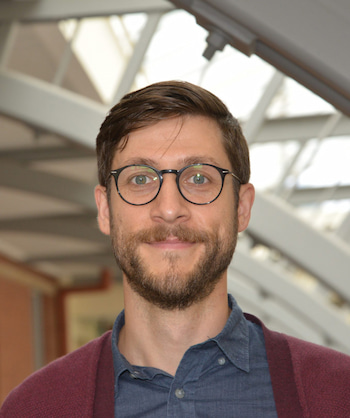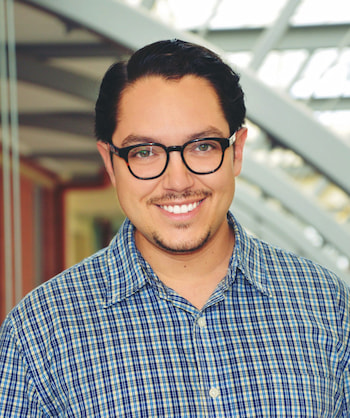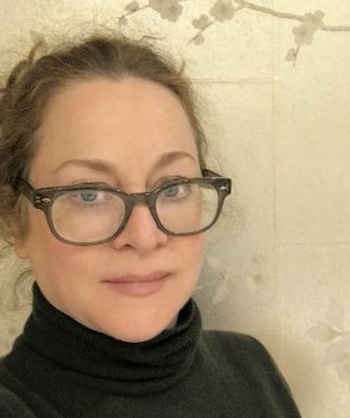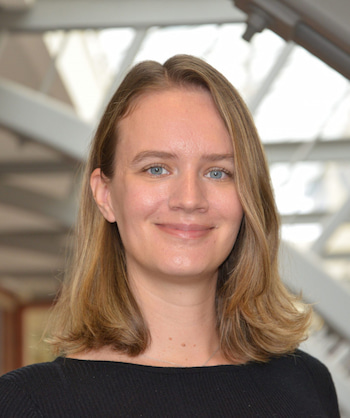Oscar E. Ruiz
Oscar E. Ruiz, Ed.S is a PhD student researcher and scientist-practitioner who is passionate about school-based mental health and education technology and is involved in the Brain Healthy project. Working under Dr. Sandra M. Chafouleas, his current areas of interest and applied research include applied educational psychology, public health interventions, school-based mental health, measurement of emotional well-being (EWB) across the lifespan, mechanisms of mind + body health interventions (MBI), innovations in psychophysiology and affective computing, educational neuroscience, digital therapeutics, VR/XR behavior skills training (BST), and the Whole School, Whole Community, Whole Child (WSCC) model.
